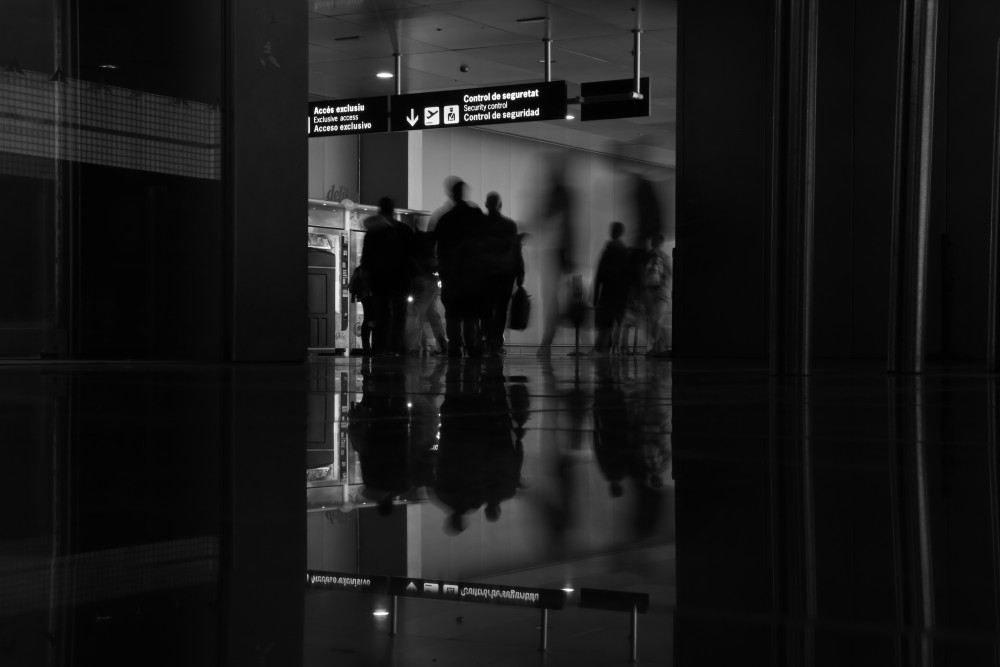Why I smuggled liberation theology books into Argentina
In a time of terror, the seminary needed the contraband words of Gustavo Gutiérrez.

My life was changed one evening during my seminary days when I decided to put off writing a paper and attend a lecture instead. My decision was based on the impulse to procrastinate, but I was also aware that wine and cheese would be available at the lecture.
The speaker was Bishop Juan Čobrda from Argentina, who was speaking in the time of the “Dirty War” which brought terror to Argentina from 1976 until 1983. A military junta seized control of the government and waged a campaign against anyone believed to be affiliated with socialism, causing instability, terror, and ruin. Labor unions, artists, intellectuals, university students, and professors were all targeted. Dissidents and innocent civilians alike were arrested and vanished without a trace—a total of 30,000 los desaparecidos, or “the disappeared.” People of faith, both Christians and Jews, courageously tried to advocate for and rescue people, and some paid for their efforts with their lives.
Bishop Čobrda had seen numbers of his friends and colleagues vanish. His own brother was imprisoned and tortured. He was known to the government for his work in advocating for thousands of refugees, efforts that now linked him with others labeled as socialist and subversive elements. Because he had a target on his back, he eventually decided to take his family and settle in the United States in exile.




